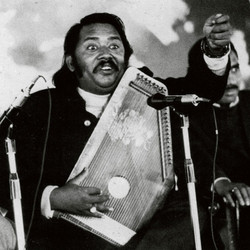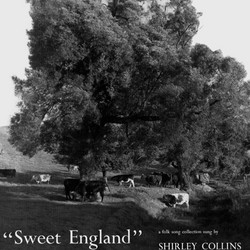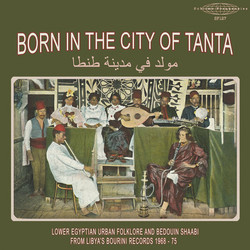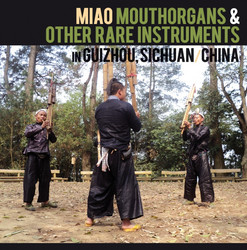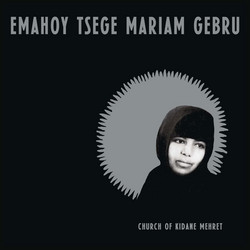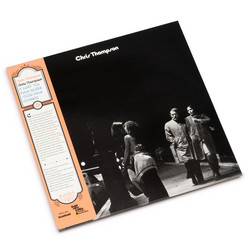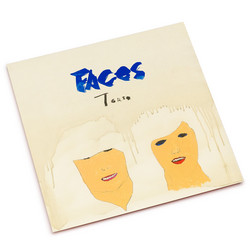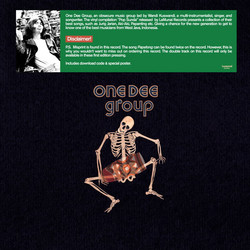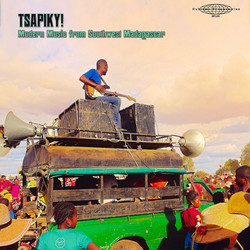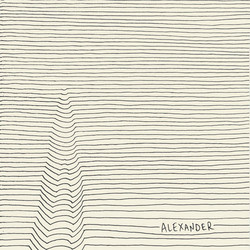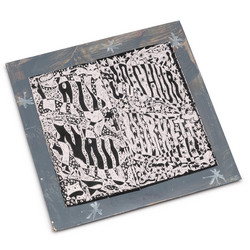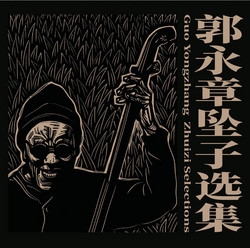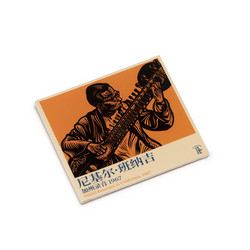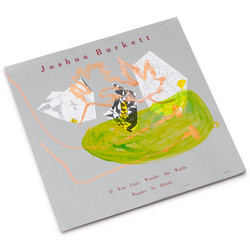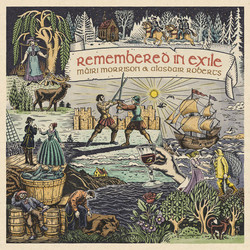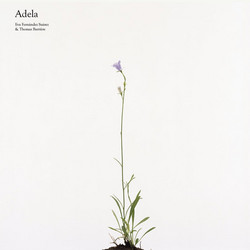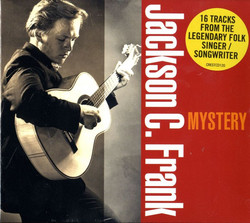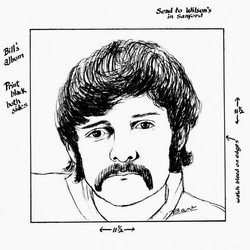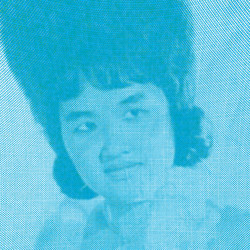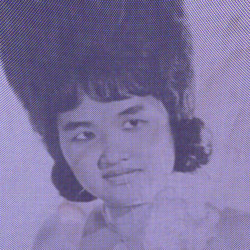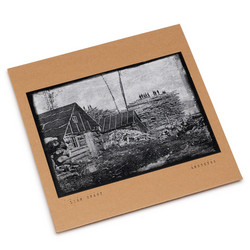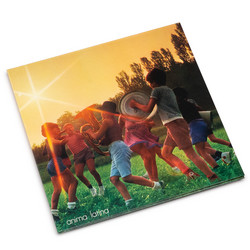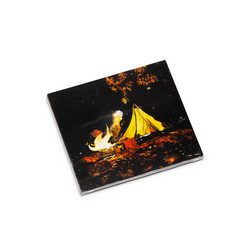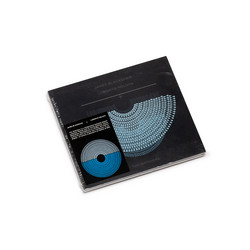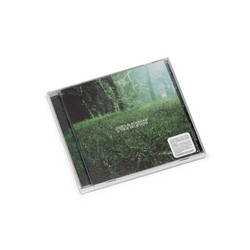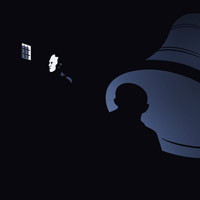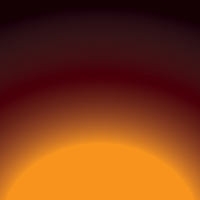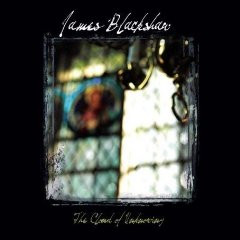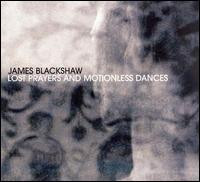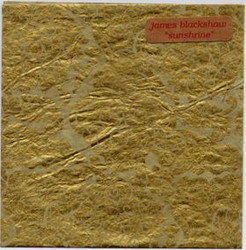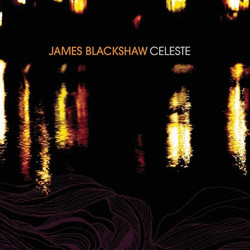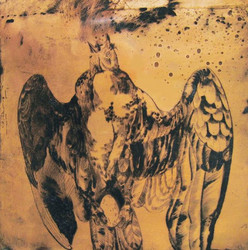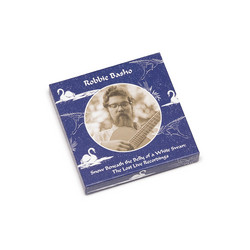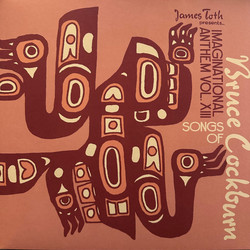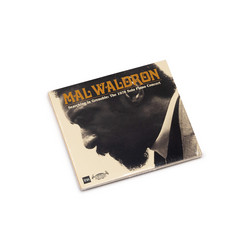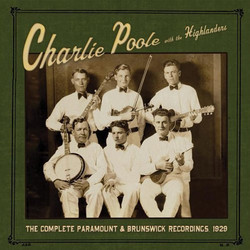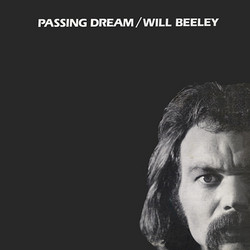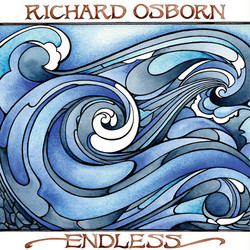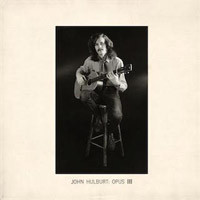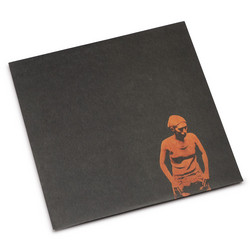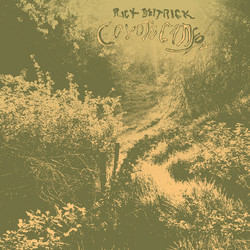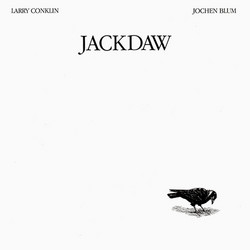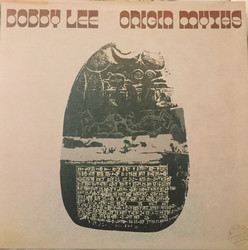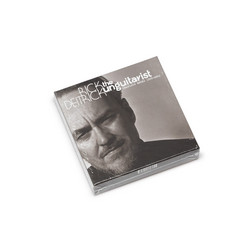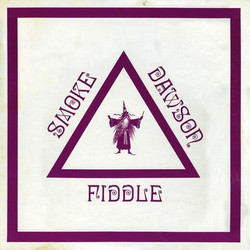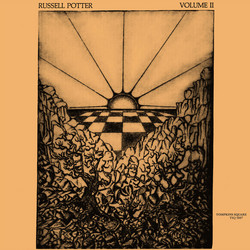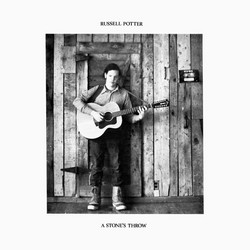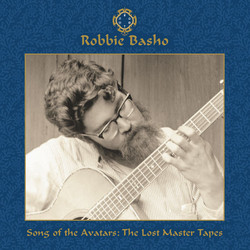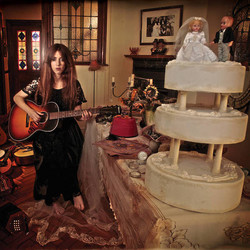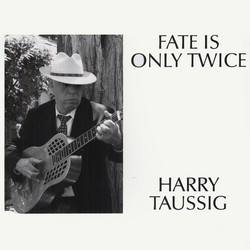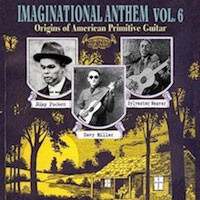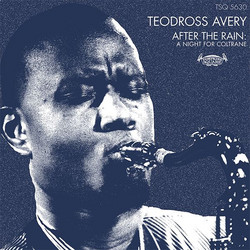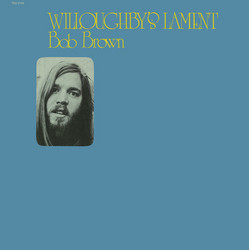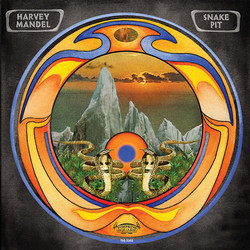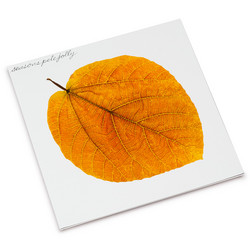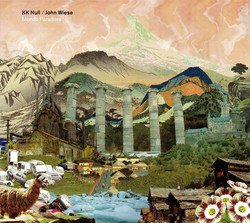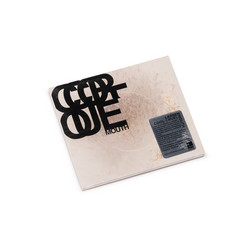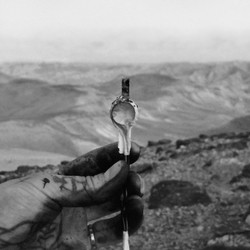It was once easy to think of James Blackshaw as an inheritor of the Takoma tradition, a school of searching acoustic guitar playing pioneered by John Fahey, Robbie Basho, Leo Kottke, and others in the 1960s. But listening to the English guitarist's new album, it's clear it's not that simple. While echoes of those three and some of their contemporaries are still present in Blackshaw's music, these days you can hear just as much Terry Riley and Philip Glass in his work. His synthesis of acoustic experimentalism and minimalism is so complete at this point that it's possible to call it Blackshaw's own style. His evolution as an instrumentalist hasn't so much been one of technique (he arrived quite fully formed in that department) as one of diversification. Blackshaw continually expands his approach, and on Litany of Echoes, his sixth album, he's extended his reach away from the 12-string acoustic guitar to the piano, building the record's bookends, "Gate of Ivory" and "Gate of Horn", off of thick, relentlessly repetitive piano figures. His approach to the piano, though uncomplicated in terms of musicianship, shares much in common with his approach to the guitar. On the latter, he often uses open tunings that allow him to leave notes ringing while he plays short figures or to take advantage of sympathetic vibrations that add clouds of overtones to his music. On the piano, it's a little more straightforward: Blackshaw puts the sustain pedal to the metal and turns simple chords into sheets of harmony. This produces the same kind of sympathetic overtones, but in a great many more octaves. It's still his guitar playing, however, that thrills the most. On "Echo And Abyss", Blackshaw alternates dense passages of fluttering, thick guitar and piano chords with sparse solo acoustic guitar passages. In these instances, he plays simple melodic figures over and over, subtly mutating them. The notes he leaves ringing, particularly when he plays harmonics, create sound for the listener that isn't actually even there-- the beating of two close notes against each other creates the auditory illusion of oscillation, adding a false dimension to the sound that nonetheless enriches it. Blackshaw employs violinist/violist Fran Bury to deepen the texture of some of his extended compositions, but "Infinite Circle", the smoothest, most harmonically placid song here (it's sort of New Age-y at times) is the only one where it sounds much like a violin or viola normally does. "Past Has Not Passed", the album's most stunning composition, features the strings scraping away at the back of the guitar. Bury sets up a pool of drone for Blackshaw to drop strange, sweeping chords into before settling on a pedal tone and working out the song's primary theme, which he reiterates countless times, carefully controlling his constant dynamic fluctuations. Litany of Echoes gives me the impression that Blackshaw began to feel so thoroughly in control of his craft on last year's brilliant The Cloud of Unknowing LP that he needed some new element to destabilize it. The piano doesn't so much do that as logically extend what he already does with 12 strings into a much larger resonating box. Partly because of broader palette, this album loses some of the magnificence of its predecessor, but it is still a heaping pile of gorgeousness that adds another chapter to a young guitarist's already very impressive and increasingly indefinable oeuvre.
Details
Cat. number: TSQ 1783CD
Year: 2010
